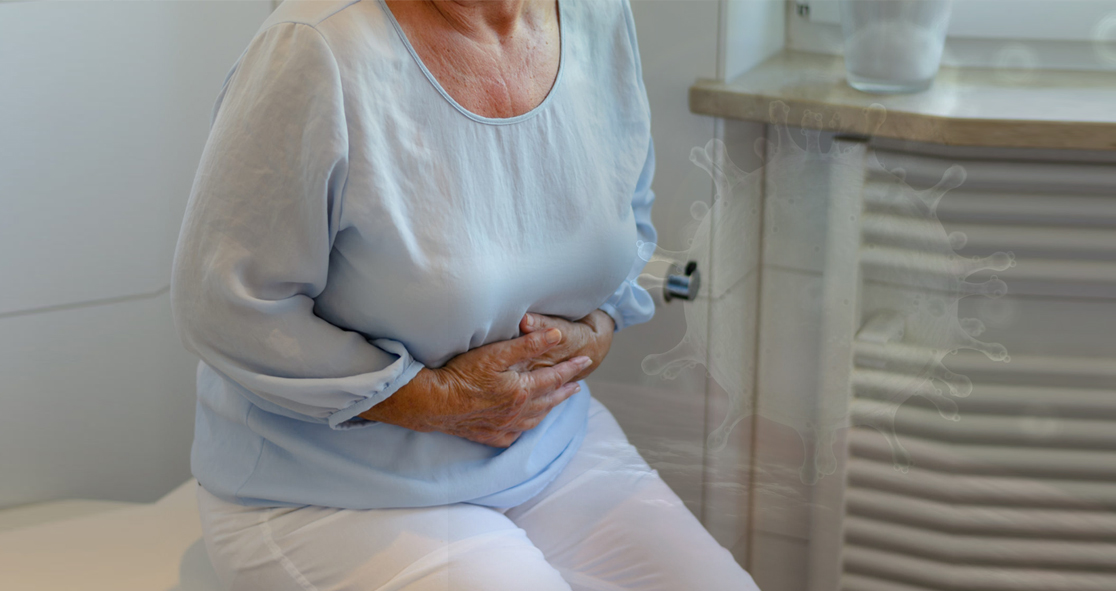Chinese researchers have come up with another significant finding associated with the new coronavirus, or COVID-19.
They found that more than 50 percent of coronavirus patients had complaints of diarrhea and other gastrointestinal (GI) symptoms, which could be a characteristic clinical feature of the infection.
Most patients with infection have predominantly respiratory symptoms. However, the current findings suggest that digestive issues are also prevalent in most patients with COVID-19.
The researchers wrote, “Clinicians must bear in mind that digestive symptoms, such as diarrhea, maybe a presenting feature of COVID-19, and that the index of suspicion may need to be raised earlier in these cases rather than waiting for respiratory symptoms to emerge.”
More than 200 coronavirus patients, with an average age of 55, were analyzed from January 18 to February 28, 2020.
The researchers found that most patients had diarrhea or other GI symptoms eight days after hospitalization, suggesting that patients with GI symptoms sought care later because they were not suspected to have coronavirus due to a lack of respiratory symptoms, such as cough or breathlessness.
Seven of the patients with GI symptoms had no respiratory symptoms. Most patients with digestive symptoms had problems such as vomiting, diarrhea, loss of appetite, and abdominal pain.
The researchers noted that the GI symptoms became more serious as the complexity of the disease increased.
The findings were published Wednesday in the American Journal of Gastroenterology.
The researchers explained that if doctors only look for respiratory symptoms to diagnose coronavirus, they are likely to miss those initial symptoms and may fail to diagnose the condition until the respiratory symptoms emerge.
Dr. Brennan Spiegel, journal co-editor-in-chief, said, “In this study, COVID-19 patients with digestive symptoms have a worse clinical outcome and higher risk of [death] compared to those without digestive symptoms, emphasizing the importance of including symptoms like diarrhea to suspect COVID-19 early in the disease course before respiratory symptoms develop.” “This may lead to earlier diagnosis of COVID-19, which can lead to earlier treatment and more expeditious quarantine to minimize transmission from people who otherwise remain undiagnosed,” Dr. Spiegel added.























